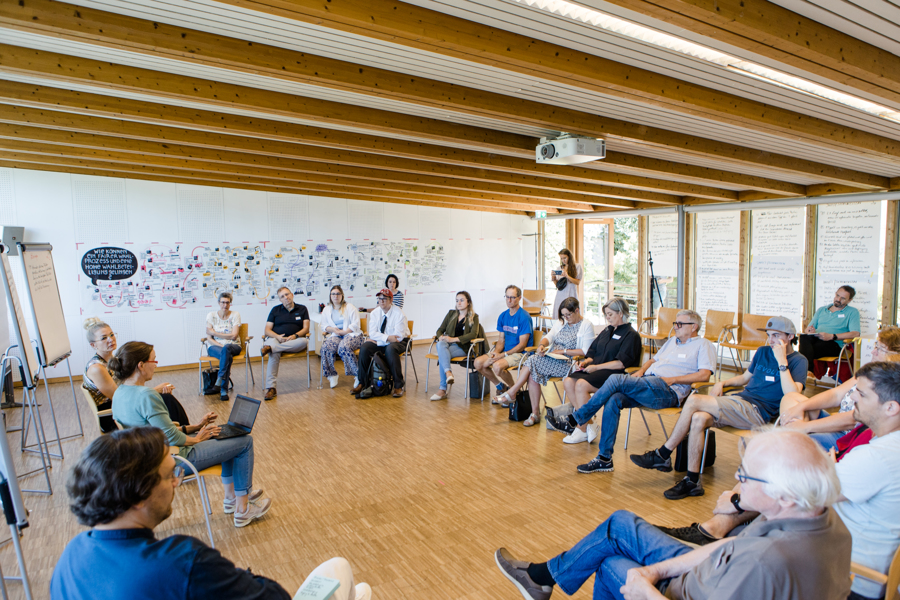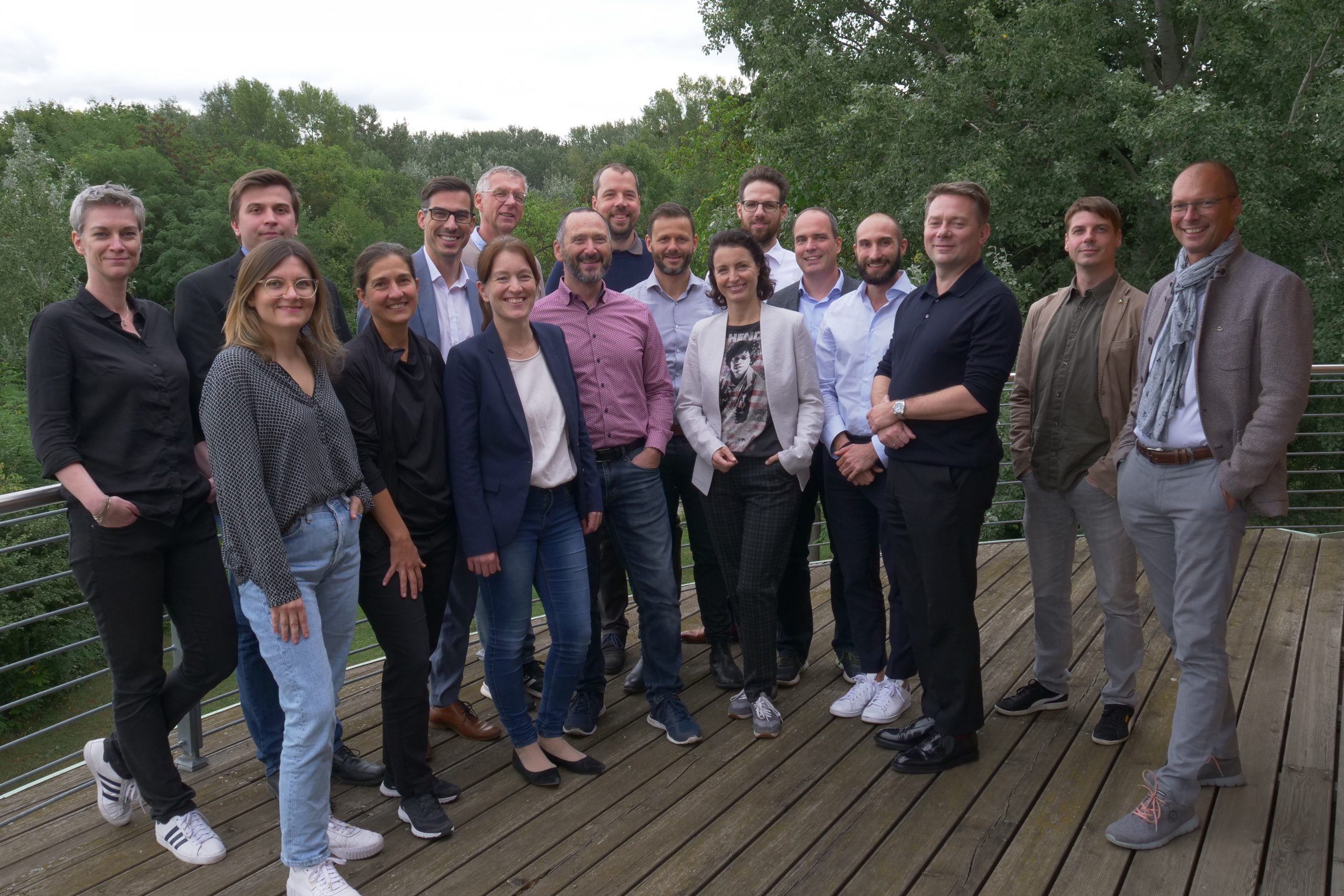
In 2019, DEC112 was launched to provide an alternative to speech-based emergency communication by implementing a text-based service.
ACCESSIBLE EMERGENCY COMMUNICATION
Emergency communication is, unfortunately, still not accessible to all as it is almost exclusively speech-based. In some emergency situations, speech-based communication is neither supportive nor possible for every person. The first test group was the Austrian deaf community. Before DEC112 was launched, deaf people in Austria only has the possibility to send a SMS in an emergency situation, meaning they has to wait for an undefined period of time before they received a response.
SILENT EMERGENCY CALLS
DEC112 is an app which can be downloaded and used in Austria. Its implementation has not only led to a political discussion on the topic of accessible emergency communication, but also to the creation of a legal and regulatory framework. The app gives you the opportunity to chat with the emergency services' communication centre. In 2022, DEC112 extended text-based emergency communication to a silent emergency call. The silent emergency call is an opportunity for victims of domestic violence to request help in an inconspicuous way.
NETWORK-INDEPENDENT ACCESS
Behind the technology lies the Next Generation 112 (NG112) standard, which is crucial for DEC112. It defines the core elements of the architecture for network-independent access to emergency services, which enables multimedia communications between callers and emergency services regardless of their network provider. DEC112 has shown that NG112 can be implemented on a nationwide level and widely accepted by the population. For the first time in history deaf people can ask for emergency help on their own, catapulting emergency communication to the 21st century.




